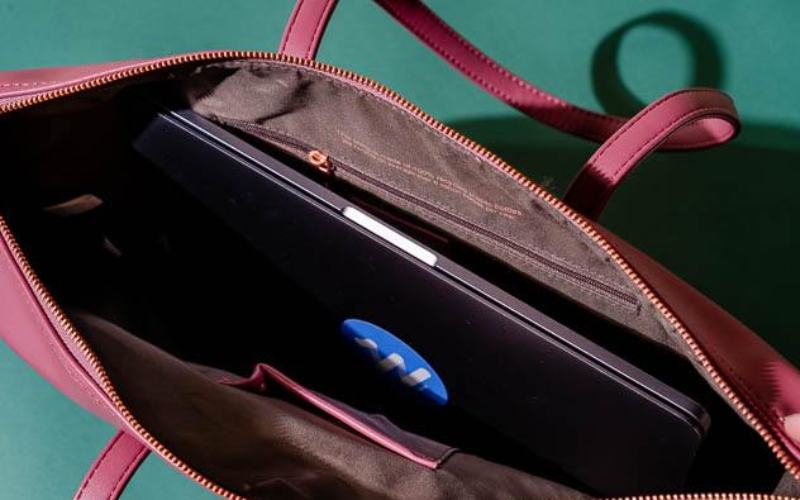×
The Standard e-Paper
Home To Bold Columnists

George Morara’s tribulations started when he masqueraded as a ‘Doctor Nyamweya’ working with the Kenya Medical Research Institute (KEMRI), on June 8, 2012, a day he strolled into the premises of Nairobi Aviation College at Kahawa House.
He convinced a group of students that he was offering internships at Kemri and requested those interested to accompany him to the institute.